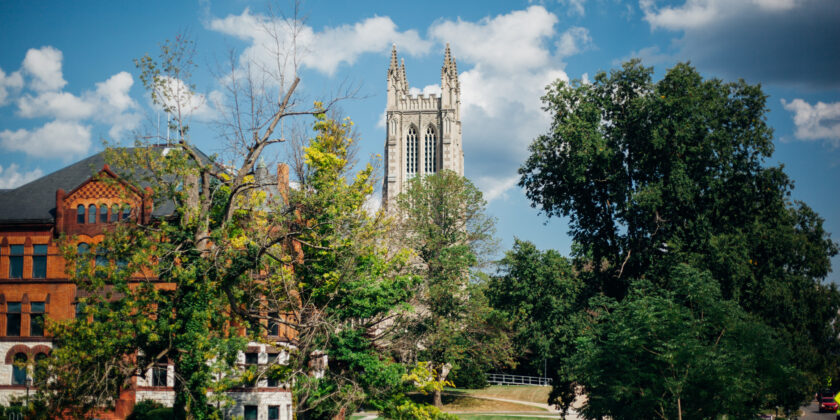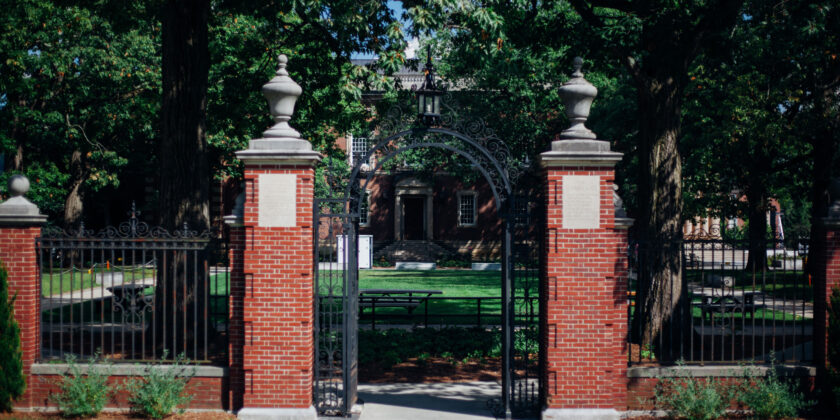Talking To Teens About College
The college process often amplifies anxiety among teens and their parents, yet stress is inevitable. The goal is to manage it healthily, according to Lisa Damour, a clinical psychologist, author of The Emotional Lives of Teenagers, and host of the Ask Lisa podcast.
Lisa joined Jeff Selingo on a special 30-minute edition of “Next Office Hour” last week. Let’s all give the episode a listen. Some top takeaways:
Accept discomfort. Parents should acknowledge emotional stress as normal. “We cannot prevent emotional pain in our teenagers. Rather, we should help them manage discomfort when it comes,” Damour said. The focus should be on helping teens cope constructively, like allowing space for healthy distractions or emotions rather than harmful habits
Encourage healthy coping. Crying, spending time with friends, physical activity, and mindful rest are all beneficial ways teens can process stress. Parents should be alert only when teens use costly coping mechanisms like substance use or self-criticism.
Reframe high school. Teens should focus on cultivating genuine interests and strengths rather than solely trying to impress admissions officers. Enjoying downtime without guilt is crucial for mental health.
Recognize parental roles. I loved Lisa’s analogy of the Pit Crew vs. the Tow Truck. Parents often feel pulled between supporting their kids (pit crew) and pushing them (tow truck). Constant towing suggests a teen may not be ready for college, highlighting the value of considering gap years or alternative pathways.
Dealing with rejection. College admissions isn’t always meritocratic. When teens face rejection, validate their feelings but emphasize they’ll thrive by focusing on what they can control.
The big picture? Parents and teens often overestimate how much college prestige matters.
If you don’t follow Jeff Selingo, you should. See past issues and subscribe to his newsletter. You can also find him on LinkedIn, Instagram, Facebook, Twitter, and Threads if social is your thing!
*Stay in the know! Subscribe*









